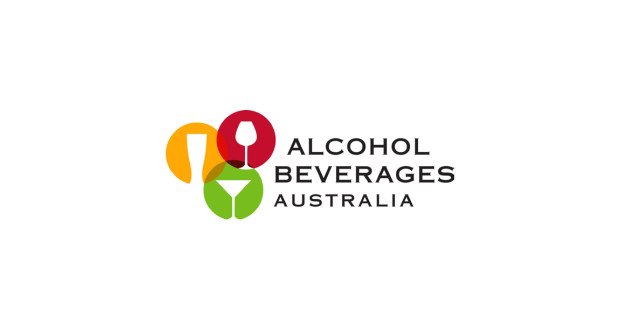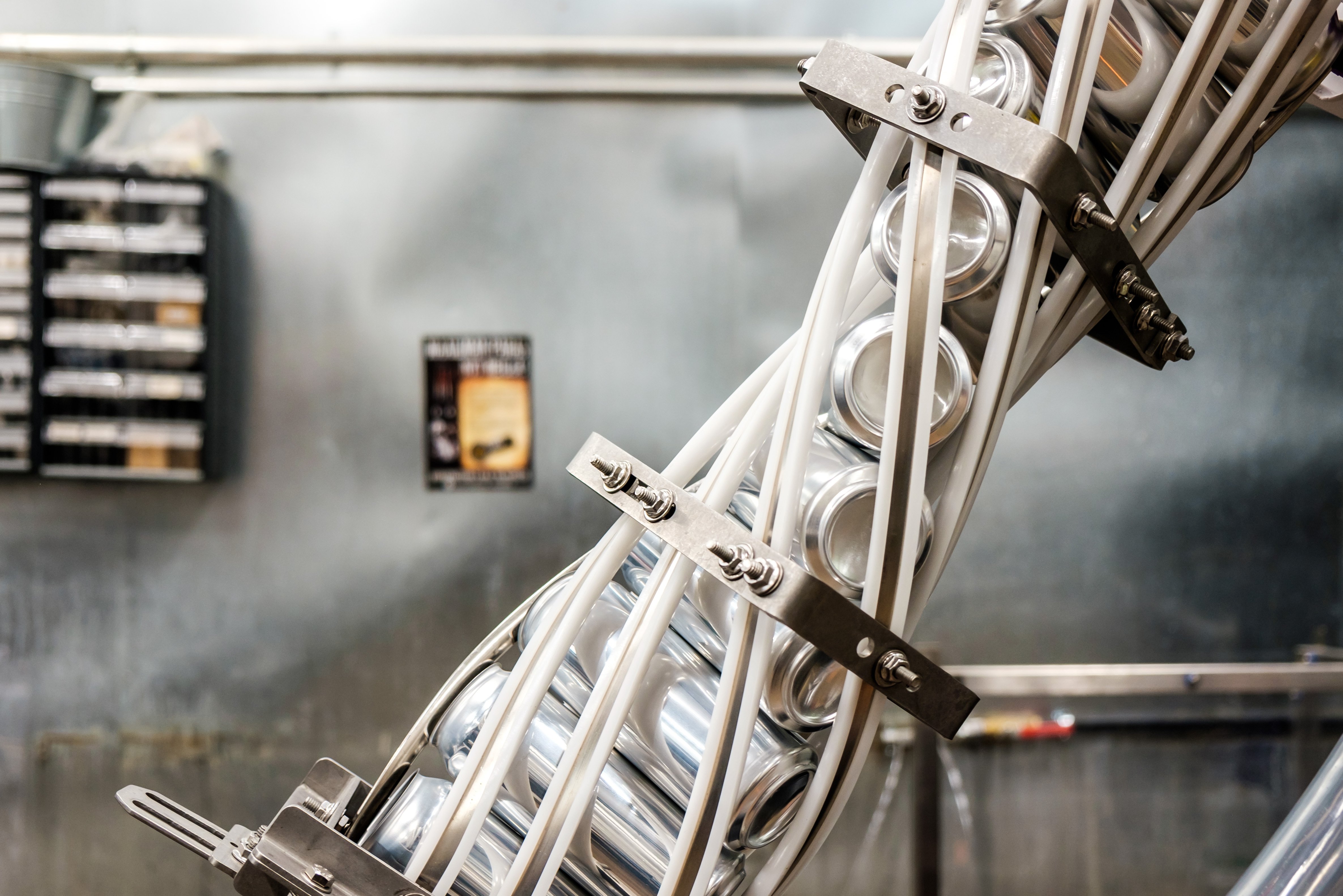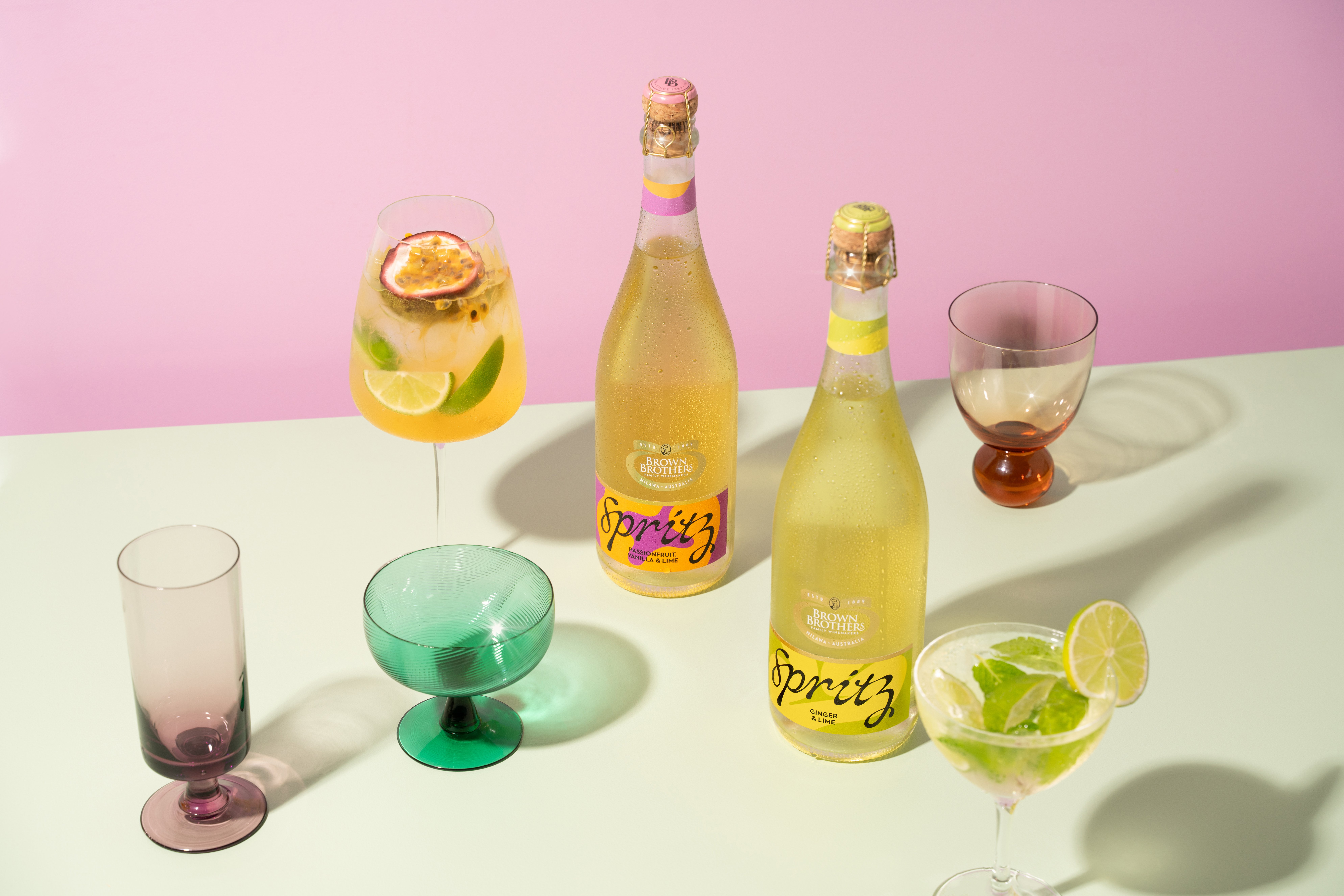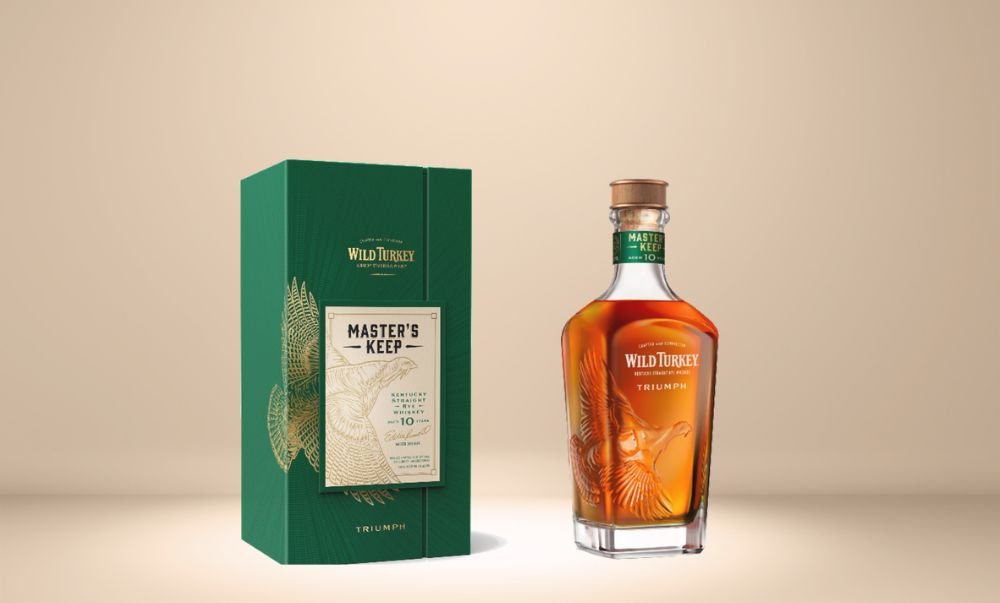The research, published in the international science journal 'Addiction', claims to have found a link between alcohol marketing and youth drinking, and calls for a comprehensive ban on alcohol advertising, promotion and sponsorship, as well further government regulation.
Alcohol Beverages Australia Executive Director Fergus Taylor said government statistics tell a different story.
“Underage drinking is in steady decline across the country and has been for some time. The fact that this decline has occurred during a period of increased alcohol advertising is a clear indication that regulations in place work, and work well,” said Taylor.
“The latest government figures - significant scientific data from the Australian Institute of Health and Welfare - show that fewer people aged 12–17 years old are drinking alcohol and the proportion in this age group abstaining from alcohol has risen significantly, the age at which younger people have their first drink has also steadily risen and binge drinking has also been steadily declining.”
Taylor described the link between advertising and underage drinking as an “inconvenient truth”.
“Anti-alcohol activists have been trying for years to blame alcohol advertising as the cause of underage drinking, but the inconvenient truth for them is this claim is simply not supported by official data,” Taylor said.
“The suggestion current controls in place are ineffective and that further regulation is needed in Australia to curb underage drinking are wrong. Current regulations to protect children are highly effective, and there is compelling data to support this.”
In Australia, alcohol advertising and marketing is regulated by a strict, independent system in the Alcohol Beverages Advertising Code, as well as federal and state legislations, the Australian Association of National Advertisers Code of Ethics and the Outdoor Media Association Code of Ethics.
Taylor said the industry is targeting the causes of underage drinking through initiatives such as DrinkWise, which include parental behaviour and peer group influence. The advertising campaigns created by such initiatives look to inform parents of the influence of their drinking behaviour in forming their children’s attitudes to drinking.
“Without question, continuing downward trends in underage drinking is an important national responsibility, requiring a combination of education and strict enforcement on underage sales, and the alcohol industry is committed to ensuring this continues to occur,” Fergus said.
Taylor said he doesn't believe the call for bans on alcohol advertising and marketing will get very far.
“Governments are acutely aware of the various temperance-related activist groups and will very quickly see there is nothing new in this research and certainly nothing that suggests alcohol advertising causes underage drinking.”
“Calls for bans on advertising won’t attract any widespread legislative support because governments and the public know the bans will have no effect on harmful or underage drinking.”
You may also be interested in Summer Beers & Ciders to Watch or Stock
Share the content










